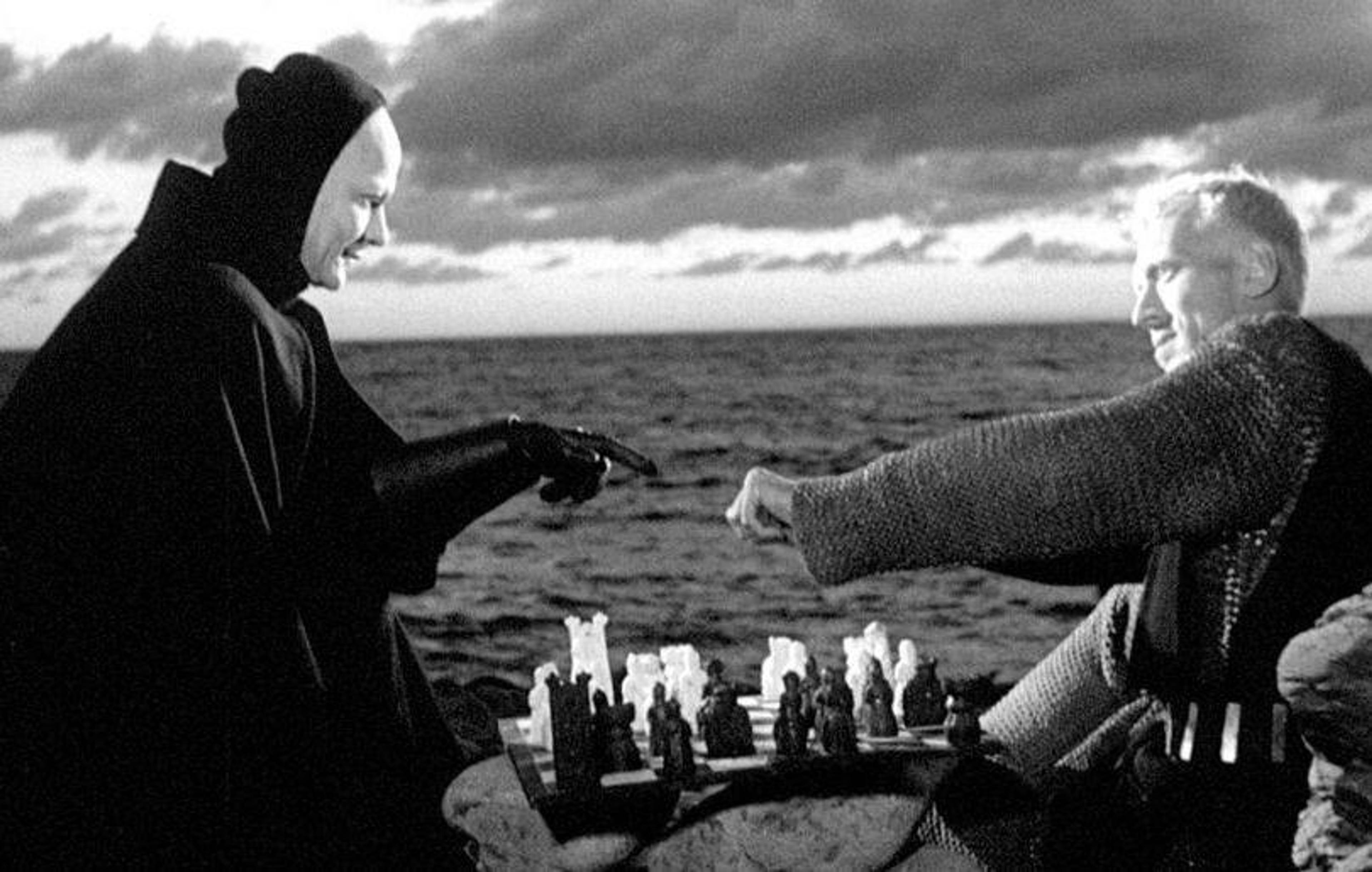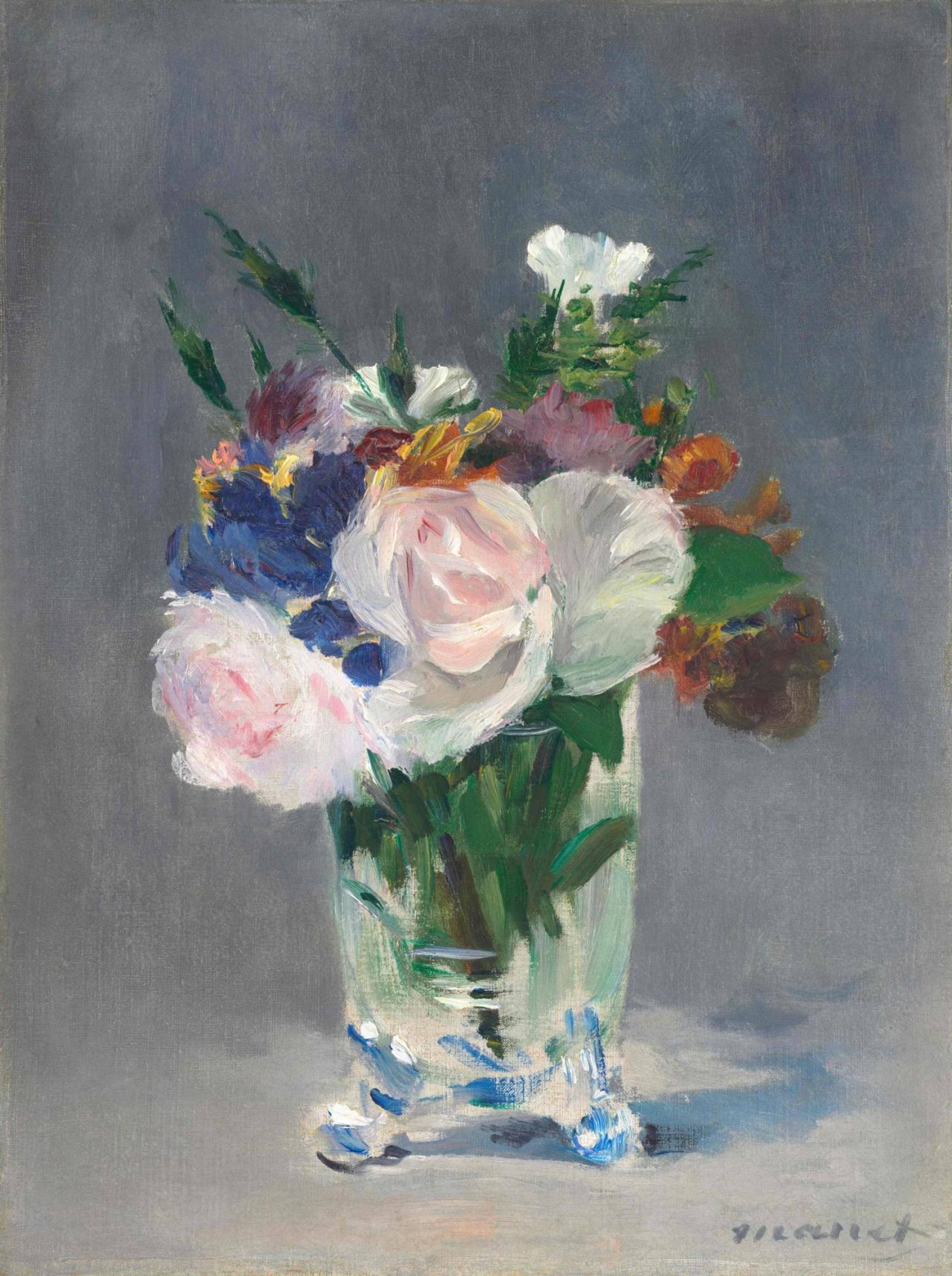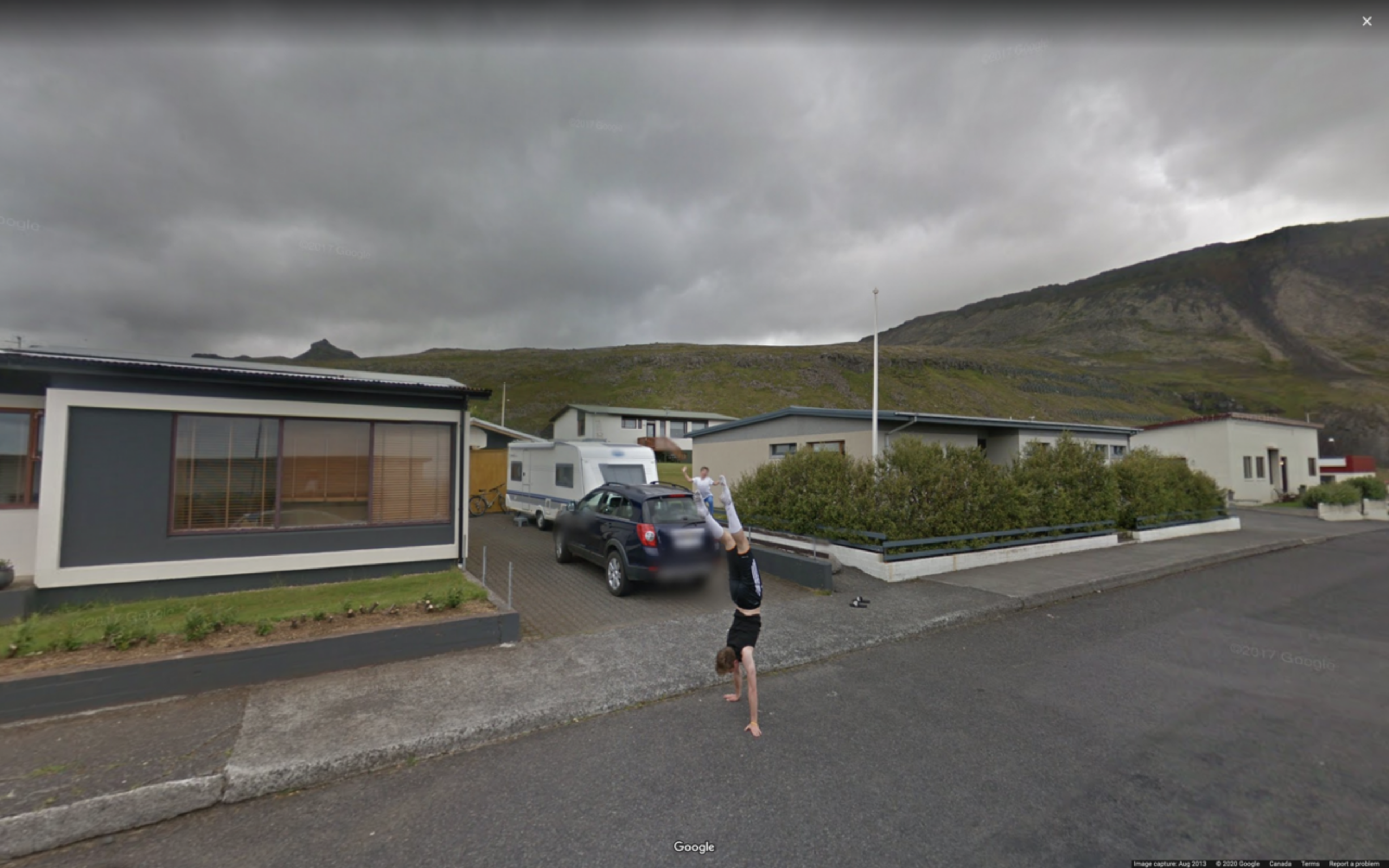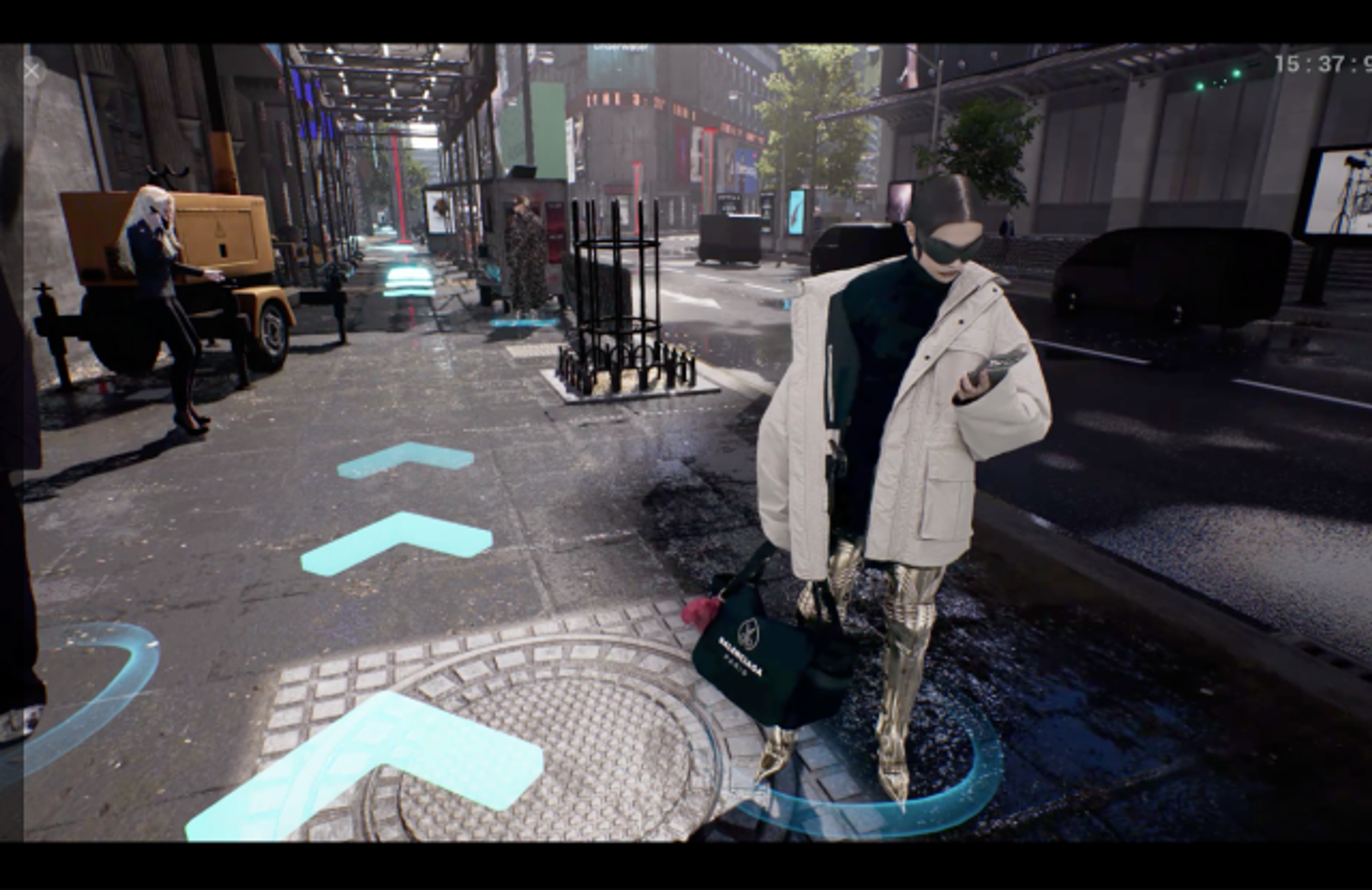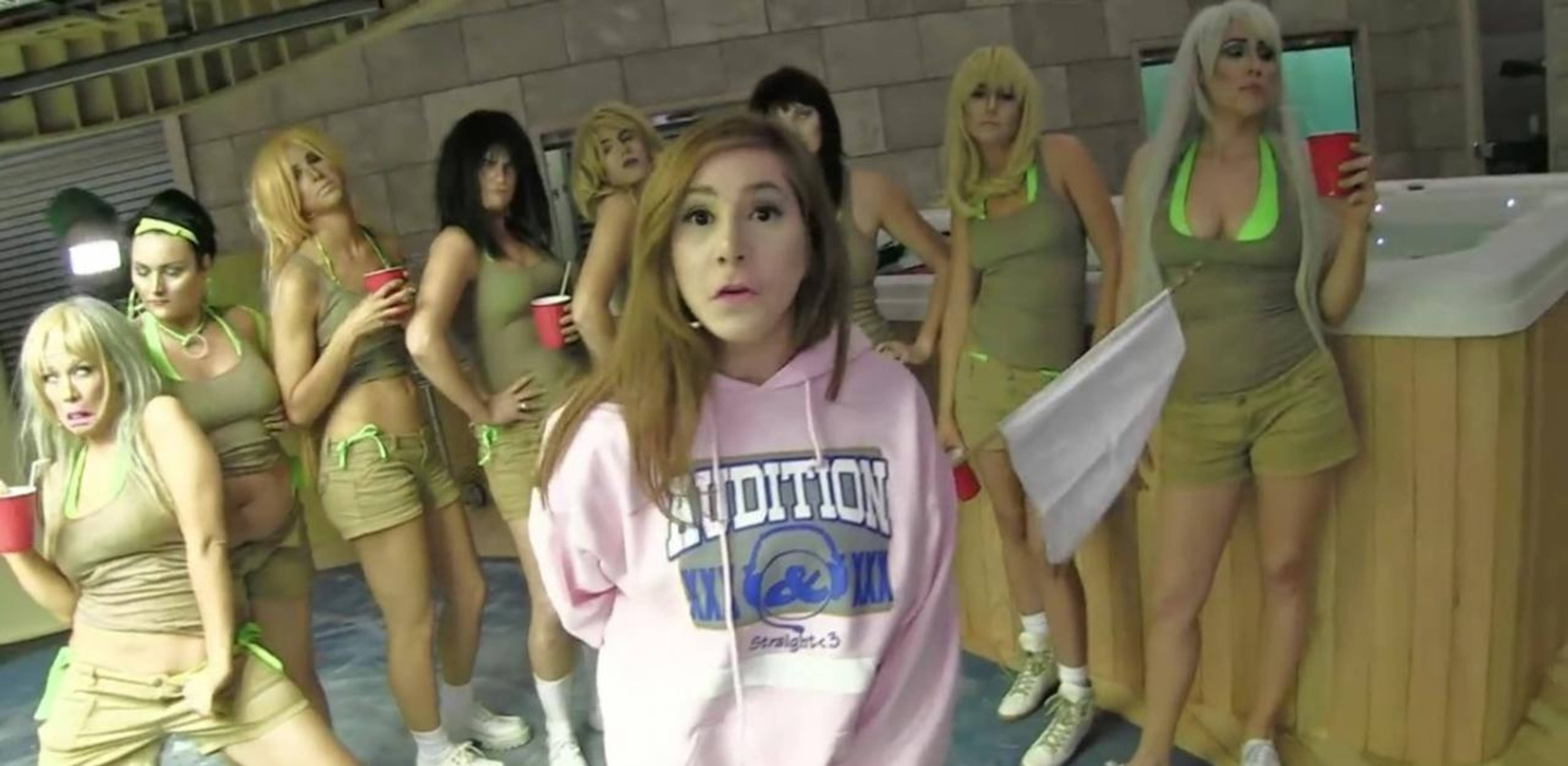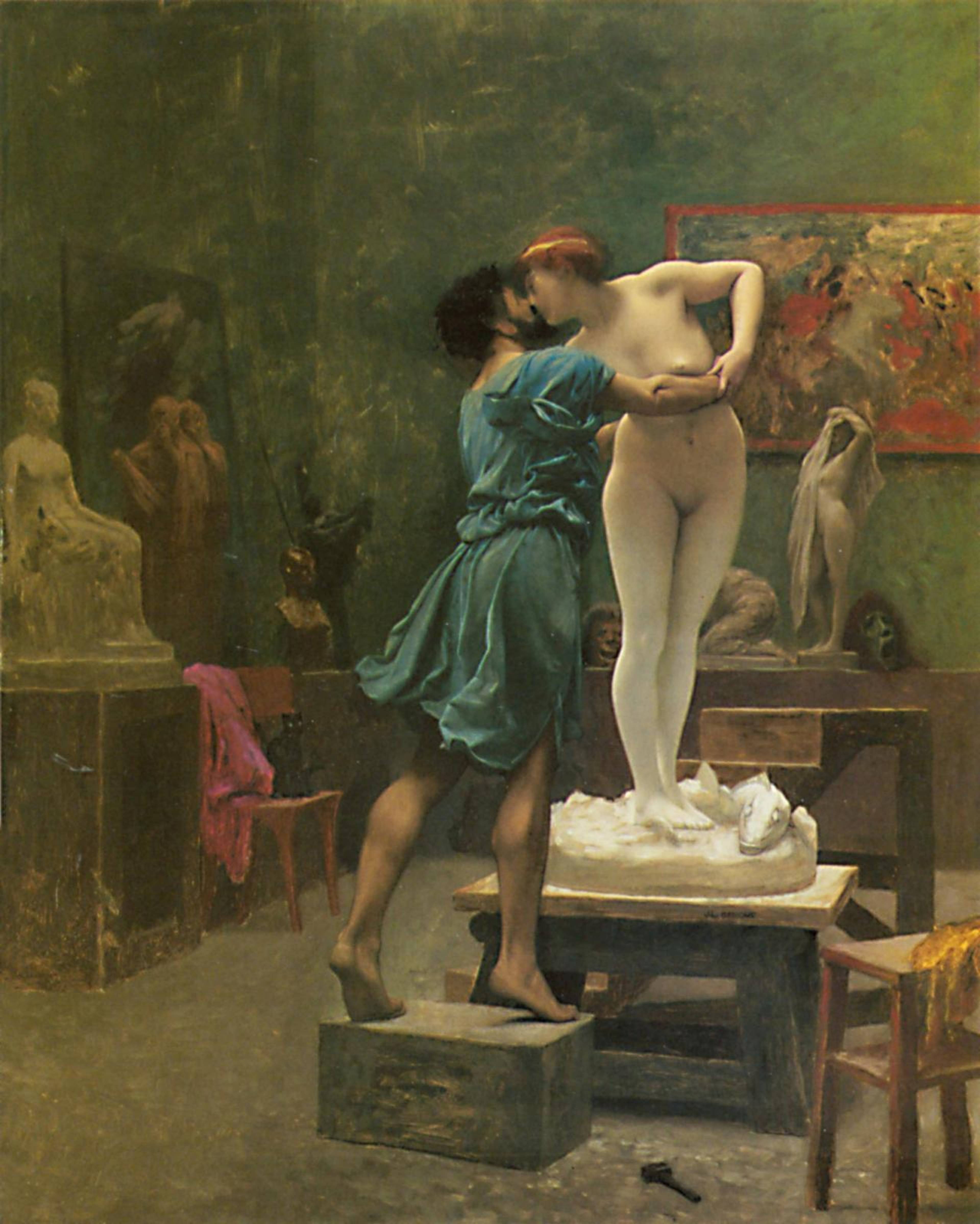With everything I write, my main concern is: Will this land me in trouble? It’s always the last thing I think about, always, before hitting post or send. I worry that my opinions might be inappropriate, or, more likely, inadvertently offensive. I’m ever checking for meanings or subtexts I’ve missed or ways I could be misinterpreted. Though I try not to, I spend far more time worrying about causing offence than I do about whether what I’m writing is honest, or true, or interesting, or meaningful, or original, or funny, or beautiful, and this is common among many people I’ve spoken to. They’re also worried about putting a foot wrong. It’s a paranoid style. I used to think this great caution came from fear of being shamed, but it may have more to do with narcissistic self-reflexivity.
At the end of the 2010s a friend told me that self-reflexivity was a disaster for that decade’s culture. “Yeah, in terms of erasure,” he said. “It’s like a sickness that eats the good people away.” Not only do we write and write and post and post and make and make everything about ourselves, but while doing so we also think so much about how we’ll be perceived, and this sort of self-absorbed self-censorship is detrimental to all forms of creative expression.
It feels cowardly, or simply redundant, to adhere too closely to conformity of opinion or style in writing, or art, even if the conformist approach coincides with your beliefs. This may be a contrarian way of thinking. But what’s the point of speaking if you’re saying the same thing as everyone else? We shouldn’t worry unduly about getting things wrong. We shouldn’t be too wary of making mistakes.
A friend said years ago, “Everyone makes too much sense these days.”
Painter Julien Nguyen recently wrote, by a detail of Édouard Manet’s flowers, “And if you are an artist, remember that sticking to convention, any kind of convention, leads one towards nullity, irrelevance. Not in the eyes of others but in one’s self, the worst kind of all, the kind that eats away inside.”
Manet, even as he lay there in Paris dying, kept painting the bouquets brought to him on his deathbed, striving, until the end, to reach a more direct and fresh representation.
Édouard Manet, Flowers in a Crystal Vase, ca. 1882
I solicited ideas for what I should cover in this end of year review, and my friend Mia suggested, “Sex!!!!!” So, net art.
In spring, as we went into lockdown for the first time, and faced up to the uncanny prospect of a year spent gazing into screens like mirrored puddles, there was a brief renaissance of net art. We’d find solace in art made for the phone’s liquid crystals. Can you recall those days of March? Strolling down empty streets in springtime, clouds of soft white and pink cherry blossoms, round fluffy sparrows singing on fire escapes, Union Square all lit up by spiralling amber sirens under the metronome, the children’s last rushed drawings pinned up outside their schools before they were closed. Orian Barkiand Meriem Bennani animated a jazz troupe of farmyard animals on Brooklyn’s rooftops. Jon Rafman was releasing new carousels of 9 Eyes landscapes every day. We were all net artists for a moment, all flâneurs of virtual worlds in our bedrooms. It was like the last decade had not taken place.
Come summer, Jon was brought low by an anonymous Instagram account, Surviving the Art World, describing sexual encounters he’d had with three young women earlier in the 2010s, which were consensual but which they now considered inappropriate, and in response to an online campaign and some muckraking newspaper coverage, several of his shows were cancelled and he was dropped from his Montreal gallery.
Jon Rafman, Nine Eyes of Google Street View, 2008–present
Jon’s a friend of mine. He rose to great success on a wave of abject internet culture, making art about how the internet has altered our consciousness, and was brought crashing back down by a different wave of shame-oriented social media. As such he embodies a story of art and internet culture over the last decade, and one that follows the form of classical tragedy: a great climb, followed by a great fall, and with it the possibility of catharsis.
The women writing about Jon felt hurt, taken advantage of, and perhaps also resentful of how his success has grown and grown and theirs hasn’t, and he’ll always be fine, he’ll always hold his future in his hands, while they’ll be left behind. That’s how life goes, and it hurts, and it’s humiliating, and cruel and unfair.
One night, a couple years ago, having a cigarette outside a swanky art dinner Downtown, it was suggested to me that one of my beautiful friends had taken a fancy to Jon, who can be very charming, who was there with his partner, and I did feel quite jealous of him for having so much charisma, and money, ideas and success. Nothing happened. But this summer, remembering the jealousy I’d felt outside the restaurant that evening, I felt also some light satisfaction and schadenfreude at my good friend’s great misfortune. There’s a warm, bitter part of me that enjoys seeing my more successful friends’ lives falling asunder. For the most part though, I’m either jealous of their success, or frustrated with them for having made such a mess of it.
A number of my friends have been called out, for all sorts of different reasons. I’ve always been drawn to these sorts of people, these divisive figures, because they make the world seem larger, and show different sides of what life can be.
But here’s the thing about successful artists, and successful people: They have their own lives and ambitions. They probably don’t care much about you at all, in my experience.
In early March, after a late night at Clandestino, I was walking back up to the East Village with my tall friend Norm and conversation turned to Venice, and how he’d liked Jon’s films there. I wasn’t able to go, and had only seen fragments of each, however I was drunk and high and ebullient and told him how I think Dream Journal (2016–19) is a masterpiece, a brilliant reflection of the present, but how the other film, Disasters Under the Sun (2019), with its cast of tortured faceless blue mannequins thrown about like rag dolls, did appear unnecessarily bleak, horrid and hopeless; and Norm turned to me and said, “That’s why I like it”, and grinned, and we were at 6th Street so we parted ways.
Jon wrote an apology and posted it at http://officialstatement.me/ . I saw a friend of ours at a summer garden party in Brooklyn, where conversation twirled around the latest scandals, and she suggested that, once his was done, he should keep the URL and rent it out to cancelled art guys whenever they stumble into trouble.
Balenciaga, Afterworld: The Age of Tomorrow, 2020
The previous month, when the protests broke out, my Remembrance of Things Past reading group had taken a week or two off. So had my writing group. Nobody wanted to do them. Well I didn’t particularly want to either, but I found this quite dispiriting, that writers would have trouble speaking about literature and ideas because history was taking place. Isn’t that what we’re supposed to do?
But this was a year of black squares on timelines, and people not knowing what to do. Designer David Rudnick has said, “Reflecting on the last four years, despite the brainless ‘at least we’ll get some Great Art’ takes, ‘Contemporary Art’ largely doesn’t seem to have survived this period as a social or cultural phenomenon. I can’t think of a time Art has ever been less present in modern life.” Institutions, certainly, have seemed frozen like deer in the high-beams, curled up like pangolins in a ball all year long, utterly incapable of rising to meet the occasion of the pandemic, the uprising, economic hardship, moral crises, or anything that’s happening.
There are so few new ideas, even in medium or form. Fashion houses, for comparison, have found new ways of presenting this year’s collections through video games, film festivals, virtual fashion weeks, shows outdoors on Paris’s streets, shows delivered to houses in boxes, shows you assemble yourself, shows that only Kristen Stewart’s allowed to attend. The only art world innovations I can think of are online art fairs and anonymous Instagram callout accounts.
There are also minimalist monoliths appearing in the countryside, which I like, but the wider public seems not to and keeps tearing them down and destroying them. It’s a problem these days; everyone’s a critic.
Ryan Trecartin, Center Jenny, 2013
Great art has the power to foretell, and to some extent manifest, the future. It was recently pointed out that Ryan Trecartin’s hysterical, unhinged, time-fractured, post-human, identity-shifting and affectation-laden filmic visions from the late 2000s and early 2010s have been brought to life by houses of live-streamers running amok with handheld front-facing cameras. I can’t tell where this clip comes from, or what’s going on, but it feels like a cubist deconstruction of youthful allure, influence and bon-vivant idiocy. Everyone’s dashing madly about a large American house which doubles as a theatre. A dozen floating eyes and ears. The scene reminds me of a recurring dream I used to have, in which I lived in a mansion in a forest with my friends, and we had no responsibilities or worries, and nothing to do other than make art and have new dreams within the dream, until things took a turn for the worse.
Trecartin and Lizzie Fitch used to have a house in Los Angeles for filming, where friends and collaborators could stay and hang out, and party, I heard, and drink and take drugs and hook up, and really inhabit their characters; all those things you might do in a streamer house today. So not only did Trecartin anticipate how we communicate now, through a collage of language and images and tones and identities, he also invented the modern L.A. streamer house. Streamer houses are art collectives for the entertainment industry. And everywhere’s a streamer house now. The NBA championships were played in a bubble. The Great British Bake Off was filmed in a bubble, in a Victorian country house and estate in Essex.Outside humanity is dying, and your best chance of survival, is to stay here in the bubble and competitively bake, so that you’re not cast out. It’s a uniquely English vision of dystopia; the home counties equivalent of playing chess with Death on the beach in Sweden during the Black Death.
Jean-Léon Gérôme, Pygmalion and Galatea, ca. 1890
Some years ago it struck me that Trecartin was the great poet of the century, so I rewatched I-BE AREA (2007) transcribing lines I liked in the hope of slowing everything down and understanding what he was doing with language. Some favourites:
“You perverted pool-fags need to shut the hell down and draw off.”
“Why do I have a belly-button, it don’t relate to my life, so I filled it in.”
“I’m just sick of it though – I’m talking about my lifestyle vibe, my horoscope, my attitude, my email address etc. ... I know!”
“You are the only person, I’ve ever hired, that I’ll miss, I love bisexual people.”
“I’m not a videographer I’m just trying to be supportive oh my god ... ”
“What will I be when I grow up? A production company.”
“That is so me, me, me me me!”
There’s another great line, which would serve well as a generational mantra, highlighted in his New Yorker profile:
“I exist because of Command V. … Don’t ignore ignore ignore me me me me.”
Part of the magic behind Trecartin’s films is that he assembles these fantastic ensemble casts, packed with charismatic and unusual characters, and encourages improvisation around his scripts, with lines of dialogue repeated over and over and twisted round and played with all night long. Today, far more so than when he began making these films, we’re living in an age of improvisation. While I may be cautious, others are letting it all flow out, they’re all feeling and emotion, which suits the relentless churn of content-making well. There’s a conflict at the heart of today’s entertainment culture, between the cautious superego of the careful poster-curator, and the completely unhinged id of the forever-improvising streamer. Both modes can lead to their own paranoias.
Reactionary conspiracy theorists slash performance artists slash like Alex Jones, and before him Glenn Beck, who bewitch audiences with their dances and incantations, are pure improvisation. It’s where their most irrational ideas probably come from. Both US presidents appear to be improvising much of the time as well. Neither’s particularly what you’d call on-message. Nor was the third candidate, Kanye West, whose hours-long, free-associating interviews take freestyling to a strange new visionary place. Many rap songs are now pieced together, not unlike Trecartin’s films, line by line, word by word, syllable by syllable in dark recording booths into the night. Twitch streamers let everything pour out in rivers of consciousness, as do many podcast hosts. Camgirling is improv theatre. There’s more surreal free-flowing entertainment than ever. Some great artists I know use improv techniques to come up with ideas. I won’t give away their secrets here, but some of the best artists are performers that never get up and perform.
“What will I be when I grow up?” Trecartin’s character asked in 2007. “A production company.”
Now we’re grown up, and we’re all production companies. That’s the new model of entertainment, and perhaps identity formation too. The year’s big media trend has been the rise of subscription-only Substack mailouts, Patreon podcasts and OnlyFans galleries. We’re stuck in our homes, putting up more walls between us. Build! The! Paywall! Every aspect of friendship, of love and intimacy is being monetized: banter, gossip, conversations, guilt, apologies, secrets, risqué opinions, nudes, bodies, flirtation. There’s a whole simulacrum of happy life out there waiting to be subscribed to. Now is the winter of our content. Westerners generally think it’s odd that the Japanese hire actors to play the role of estranged father to their maladjusted child, or pretend to be their friends for their Facebook photos, but …
As for me, I walk around my studio talking to myself, and I think that will get me through the winter just fine.
My feeling is, we could all start an OnlyFans, and every person in the world could make their own homemade pornography, but I still don’t think we’ll ever find what we’re looking for. We’ll never quite find the images we desire. I just don’t believe that’s how fantasy works.
Net art leads people down strange paths. There was recently an artist who came out against the vaccine in a carousel of Instagram videos. He soon deleted them, though not before they’d done the rounds. But he sat there alone in his bedroom and spoke, improvised maybe, about how you shouldn’t take the vaccine, how he stopped wearing a mask, and we were all being surveilled, we were all beings made of light, it was time to move to the country, soon you would have to agree with everything the media said to be allowed to live in cities. I told my friend Parker I was interested in parts of what was said. I was like, half nodding.
“You were nodding at the light being stuff?” Parker asked.
LISTEN TO ME have you ever felt life is a simulation? That we’re in a simulation of the world, and not the world itself? Does anything make sense to you anymore? This whole year has been a simulation – we have been locked in our rooms on our own, we have been staring at our screens, the world has been turned upside-down, our experience of reality is what’s broadcast to us, through kaleidoscopes of our choosing; and soon, come spring, we can break free.
Our shared experience of living through an event so traumatic and surreal it’s hard to believe it’s even happening at times, is changing us in profound ways. We don’t talk about that enough. We’ve had, and have, so much time to reassess our lives: What the fuck are we even doing? What is this all in pursuit of?
Next year’s going to be amazing. I can’t imagine how extraordinary next year is going to be, when the world comes back down to us. When it comes back down, I hope to live like never before. Until then, I’m going to drop out of society completely. This cold and desolate winter feels like a good time to drop out of society, to lose yourself in books and magazines and obscure personal interests, and all of history’s culture and ideas, which are freely available online, while outside the world stops turning. It might be the last chance we’ll ever have like this.


